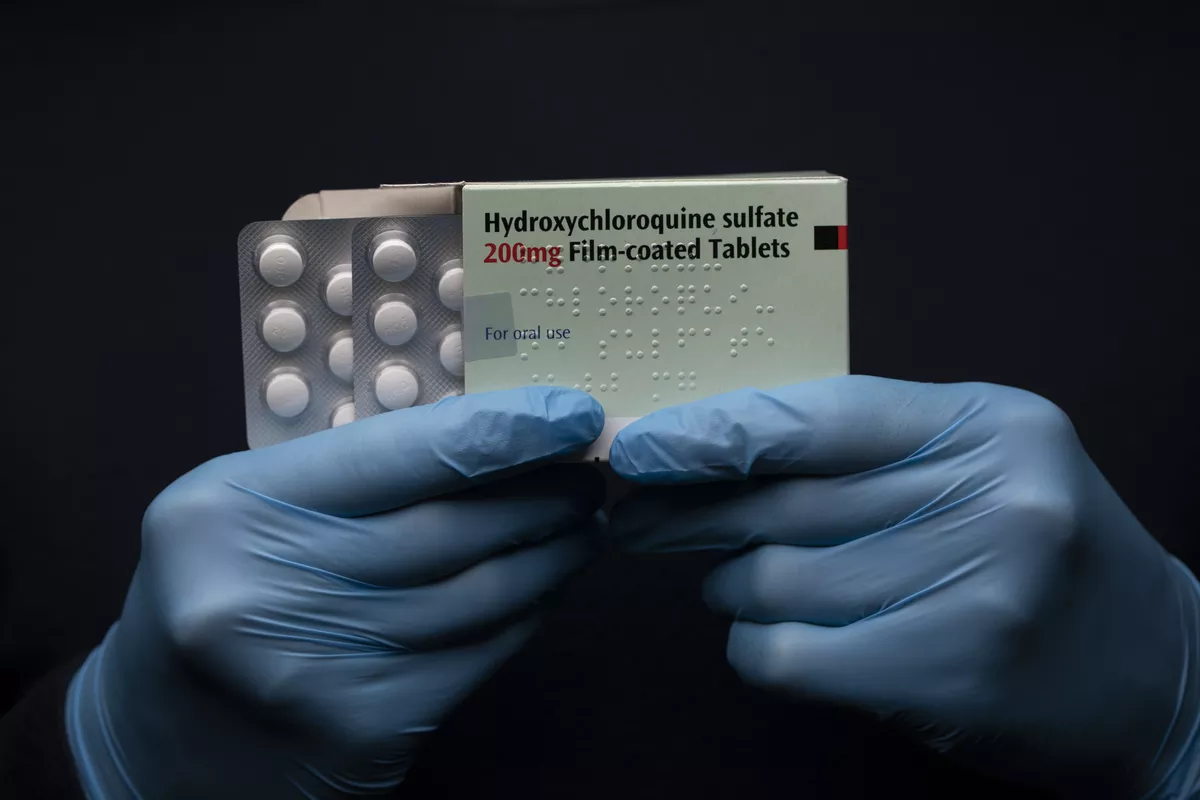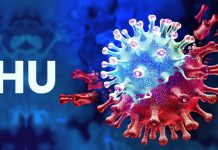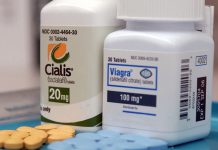President Donald Trump has been pretty enthusiastic about hydroxychloroquine and hailed the drug as a potential treatment for COVID-19, the disease caused by the new coronavirus.
However, scientists and experts have been saying there is no strong evidence and it cannot be recommended now.
The U.S. Food and Drug Administration (FDA) approved hydroxychloroquine for the treatment and prevention of malaria. It is a close cousin of chloroquine, which was approved by the FDA in 1949.
Hydroxychloroquine is also prescribed for the treatment of autoimmune diseases such as rheumatoid arthritis and lupus.
Some doctors have been prescribing the drug off label for COVID-19 because some studies have shown promising results.
Preliminary studies have given conflicting results. For instance, one lab study suggested that hydroxychloroquine affected the virus’ ability to enter cells. Another study found that the drug did not improve how fast patients cleared the symptoms.
One report from China has claimed that hydroxychloroquine helped over 100 patients at 10 hospitals. However, they had various degrees of illness and were given various doses of the drug at different lengths of time. There was no control group to compare the drug’s efficacy.
Yet another study in China reported that 31 patients who were given the drug had an improvement in cough, fever, and pneumonia compared to 31 other participants who did not receive the drug.
In addition, a 2005 study, published in the journal Virology, found that chloroquine and hydroxychloroquine have strong antiviral effects on coronaviruses that cause severe acute respiratory syndrome (SARS-CoV).
In-vitro studies in animals have shown that both hydroxychloroquine worked by interfering with the chemical environment within the cells, blocking the virus from entering and proliferating inside the cells.
Nevertheless, based on the preliminary findings, many doctors have started prescribing hydroxychloroquine and chloroquine for patients with COVID-19.
Some researchers, including Dr. Anthony Fauci, who is leading the White House Coronavirus Task Force, said data is still extremely limited and we need more studies to determine the safety and efficacy of hydroxychloroquine for the treatment of new coronavirus. Hydroxychloroquine does carry a few risks. It can cause arrhythmia, low blood pressure, and muscle or nerve damage in some susceptible patients.























